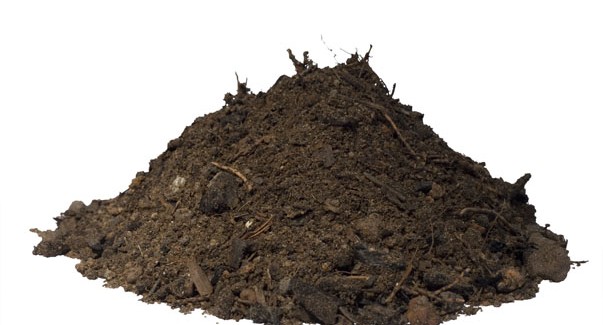Your cart is empty
Fertilization
Fertilization is the least understood but one of the most important elements of our landscape. Many times, we pour massive doses of fertilizer that is high in nitrogen and then wonder why we have insect and disease problems. These problems are stimulated by high synthetic nitrogen intake that makes our plants more susceptible to insects and disease problems. Plants are not meant to grow in spurts, but through a slow progression of soil building with such products as manure, compost and other natural organic products.

Natural organic fertilizers add humus to our soil, which it lacks in the Southwest. Humus turns into humic acid and also contains many trace elements. Along with the benefits of organic fertilization, one of the best is that it is almost impossible to burn the plant if you add a little too much of humus.
The following are some of my favorite organic fertilizers:
Alfalfa meal:
It’s just plain guinea pig food. I spread it under my roses, vegetables or anything else that needs an extra boost. Citrus trees seem to love it. I also make a tea from it by soaking 1 cup in a 5-gallon bucket and then applying it on my shrub’s root system.
Blood meal:
Blood meal mixed with cottonseed makes an excellent lawn food. Spread it with a whirly bird spreader and watch your yard grow without the danger of synthetic chemical fertilizers.
Bone meal:
This is used to stimulate flower production. High in phosphate, it makes sense to work it well into the soil before planting flowers. Try the same technique when planting tomatoes.
Composted cattle manure:
This is easy and cheap to use to start all vegetable beds. It’s great.
Compost:
This is only ingredient you need. You can make foliar tea, fertilize with it and use it for weed and disease control. It can be used on all plants.
Cottonseed meal:
It’s high in nitrogen and works great in our high-alkaline soils. Because it has a low pH, make sure it comes from organically grown cotton.
Fish emulsion:
Emulsion is used as general insect spray when applied. I use it outside for most of my potted plant fertilization.
Liquid seaweed:
Seaweed can be used as a foliar spray. It will also control spider mites and white flies. Liquid seaweed contains a lot of trace elements and should be the first ingredient used in a foliar spray program because it makes fertilizer and trace elements more available to the plant. Purchase this at Sea of Green in Tempe.
Super Thrive:
I have used this product since college. I do not understand all of the ingredients, but some are vitamins and hormones. I have personally seen amazing results with this product.

